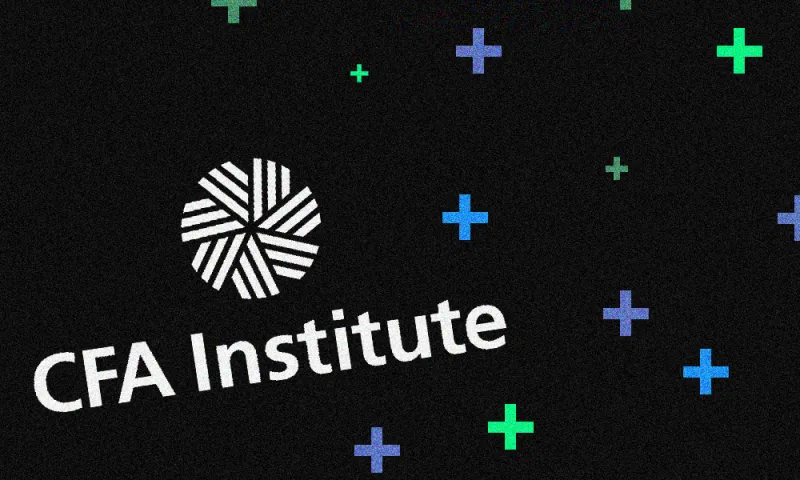Sixteen investment organizations — including GMO and the $101 billion Massachusetts state pension fund — have committed to track their progress on diversity, equity, and inclusion using the CFA Institute’s new code.
Launched last month, the code was initially backed by investment leaders from the Columbia Investment Management Company and the California Public Employees’ Retirement System, who helped design the code as part of the CFA Institute’s DEI Code Working Group. The DEI code requires its signatories to commit to disclose and increase diversity, equity, and inclusion in their pipelines, talent acquisition processes, promotion and retention, leadership, influence, and measurements.
The new signatories include some of the biggest names in the industry, such as Cambridge Associates, CalPERS, GMO, MassPRIM, and Northern Trust. Others include BentallGreenOak, Callan, Creative Investment Research, Crescent Capital, Fiera Capital Corporation, First Nations Financial Management Board, Payden & Rygel, SLC Management, Trident, and the CFA societies of Boston and Montréal. The CFA Institute was the first to sign on to the code.
“The overarching ambition is that we accelerate change in the industry, but we know it’s a complex process and it takes time,” Sarah Maynard, global head of external diversity, equity and inclusion at CFA Institute, told Institutional Investor.
GMO was one of the first organizations to sign onto the code after taking part in the CFA Institute’s “experimental program,” said Scott Hayward, GMO’s chief executive officer. The experimental program helped form the basis for the code’s implementation guidance, Maynard said.
The code requires signatories to disclose DEI metrics and progress through the CFA Institute’s reporting framework. In signing the code, an organization agrees to provide a confidential annual DEI progress report to the CFA Institute External DEI and Code & Standards team using its reporting framework. The CFA Institute will then use this data to publicly report industry-wide DEI statistics.
After signing the code, signatories are given two years to adopt a DEI policy and statement, establish senior leadership and an oversight governance process, and implement a plan to integrate DEI into their talent, processes, and policies.
For GMO, Hayward said this process was mostly an extension of the organization’s existing practices for measuring DEI. As a signatory of the code, Hayward said GMO hopes to lead and influence the industry on DEI integration.
“All of the [code’s] principles were very consistent with the DNA of how we manage talent,” Hayward told II. “[The code] not only contributed to what we saw as good practices around talent management, but it was extending that out to the industry.”
For the CFA Institute, the next step is to acquire more signatures, but this may take some time. For this reason, Maynard said the CFA Institute is willing to work with potential signatories to figure out what will work in order for them to meet the code’s expectations.
“We don’t want this to be [something organizations] sign and forget; we want it to be [something they] sign and act [on],” Maynard said. “That can really only happen when you have multiple different teams within a firm saying this is relevant and useful to use.”







